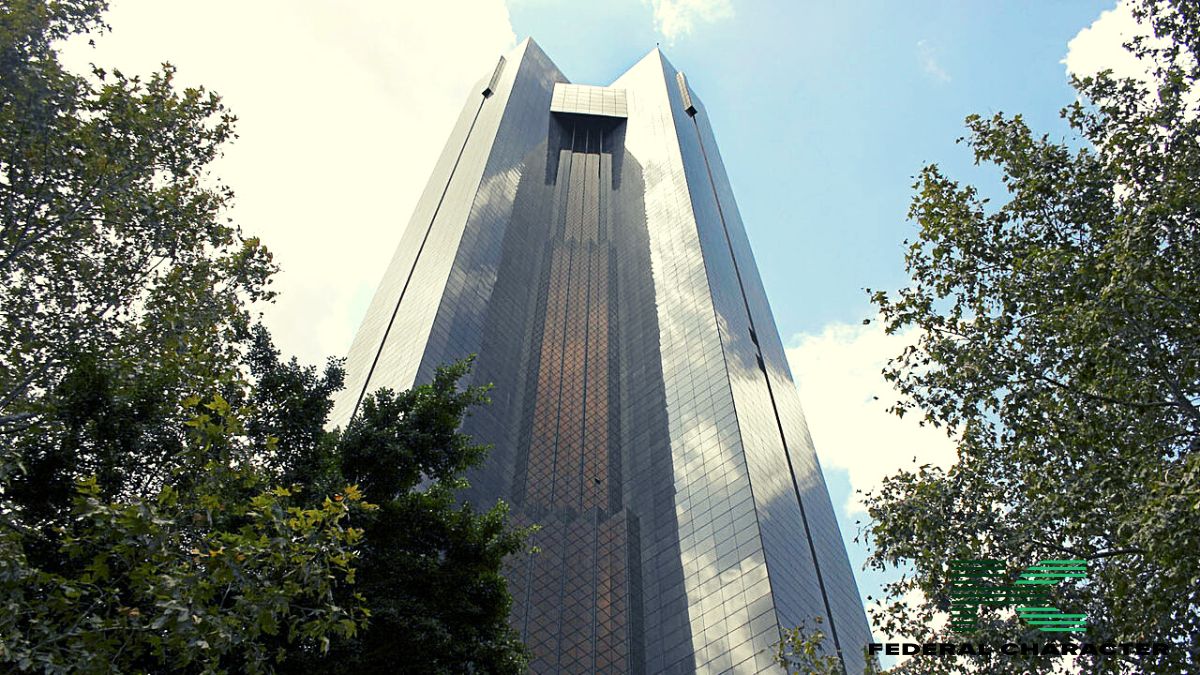In Nigeria, many people are hoping that corrupt politicians will step down from their positions, or that President Tinubu might have a change of heart and hand over power to Peter Obi. However, the reality is far from that. Nigerian politicians often stick to their positions without considering leaving, playing the “no leave, no transfer” game.
Meanwhile, in South Africa, KubenKuben Naidoo, one of the deputy governors of the central bank, has expressed his desire to resign from his role. President Cyril Ramaphosa’s spokesperson made this announcement on Monday, leaving many people wondering about the reasons behind Naidoo’s decision.
Vincent Magwenya, the spokesperson, mentioned that whether the president would accept Naidoo’s resignation and when he would depart is still being carefully considered.
Naidoo plays a crucial role as one of the five members on the Monetary Policy Committee of the South African Reserve Bank (SARB), responsible for deciding on interest rates. Some analysts believe that if his resignation is accepted, it could alter the committee’s voting dynamics. Azar Jammine, chief economist of Econometrix, an independent economic consultancy in Johannesburg, noted that there’s a perception that Naidoo may have a more cautious approach compared to other MPC members. Consequently, his departure could lean towards supporting an increase in interest rates.
Recent meetings of the MPC have seen a close 3-2 vote in favor of maintaining the interest rate at 8.25%, with two members advocating for stricter measures. However, these members’ voting records are not disclosed to the public.
Inflation in South Africa has been on the rise, reaching 5.4% in September, up from 4.8% the previous month. While this exceeds the SARB’s preferred midpoint target of 4.5%, it remains within the target band of 3%-6%.
The MPC is set to convene for its final meeting of the year on November 23, and the outcome may be influenced by Naidoo’s impending departure.
Naidoo has held the position of deputy governor since 2015 and also served as the CEO of the Prudential Authority, an entity within SARB responsible for banking regulation, until 2022. The reasons behind his decision to resign remain unclear, leaving room for speculation about potential hidden factors at play.














